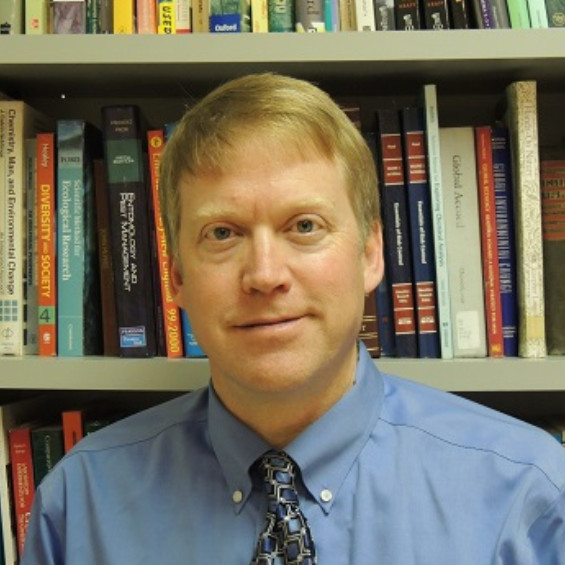Wagner, T.P. (2017). Reducing single-use plastic shopping bags in the USA. Waste Management, 70: 3-12.
Wagner, T.P., McCormick, K., & Martinez, D.M. (2017). Fostering STEM literacy through a table-top wind turbine laboratory activity. Journal of Environmental Studies and Sciences. 7: 230-238.
Wagner, T.P. (2016). Municipal approaches in Maine to reduce single-use consumer products. Maine Policy Review, 25(2): 31-43.
Wagner, T.P. & Broaddus, N. (2016). The generation and cost of litter resulting from the curbside collection of recycling. Waste Management, 50:3-9.
Wagner, T.P. & Raymond, T. (2015). Landfill mining: Case study of a successful metals recovery project. Waste Management, 45:448-457.
Wagner, T.P., Toews, P., & Bouvier, R. (2013). Increasing diversion of household hazardous wastes and materials through mandatory retail take-back Journal of Environmental Management, 123: 88-97.
Lane, G.W.S., & Wagner, T.P. (2013). Examining recycling container attributes and household recycling practices. Resources, Conservation and Recycling, 75: 32-40.
Wagner, T.P. (2013). Examining the concept of convenient collection: An application to extended producer responsibility and product stewardship frameworks. Waste Management, 33: 499-507.
Wagner, T.P. (2011). Compact fluorescent lights and the impact of convenience and knowledge on household recycling rates, Waste Management, 31: 1300-1306.
Bouvier, R. & Wagner, T.P. (2011). The influence of collection facility attributes on household collection rates of electronic waste: The case of televisions and computer monitors, Resources, Conservation and Recycling, 55(11): 1051-1059.
Wagner, T. (2009). Shared responsibility for managing electronic waste: A case study of Maine, USA. Waste Management, 29(12): 3014-3021.
Wagner, T. (2008). Reframing ecotage as ecoterrorism: News and the discourse of fear. Environmental Communication: A Journal of Nature and Culture, 2(1): 25-39.


